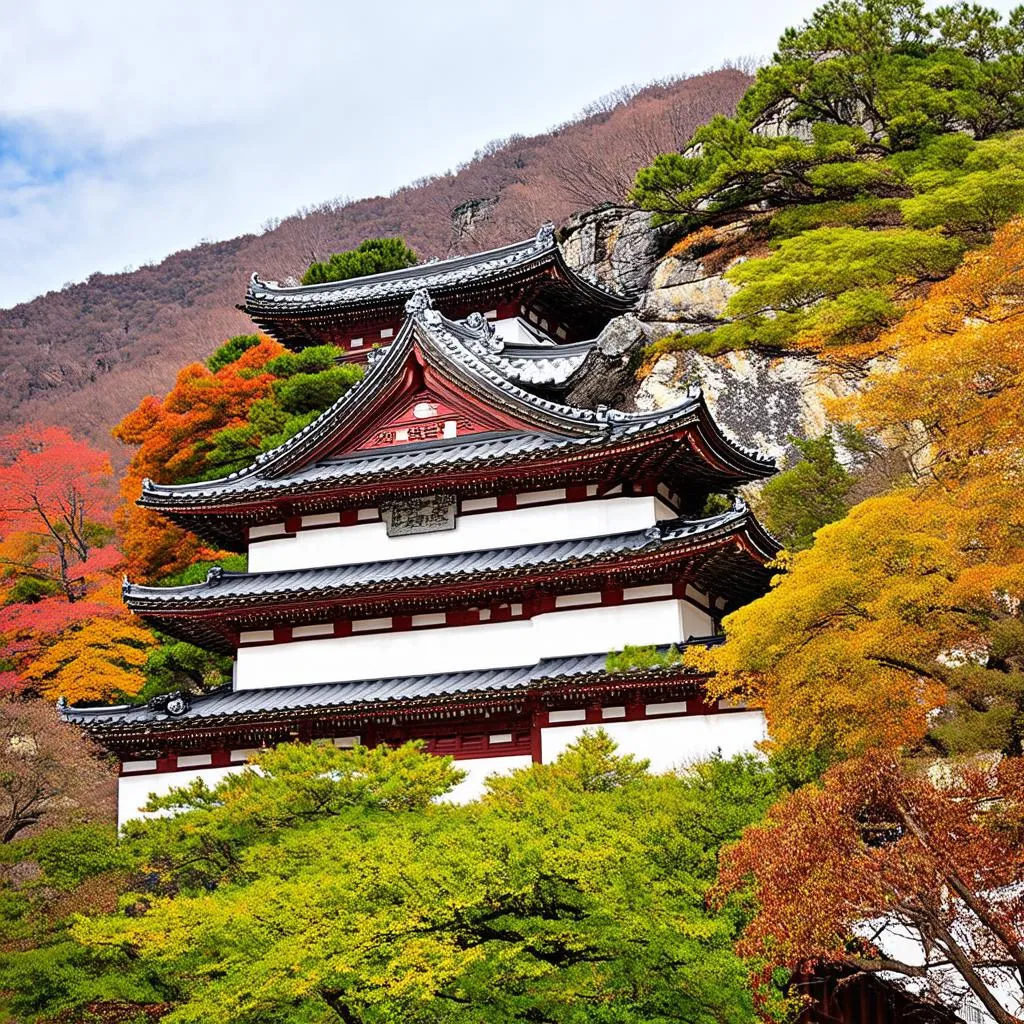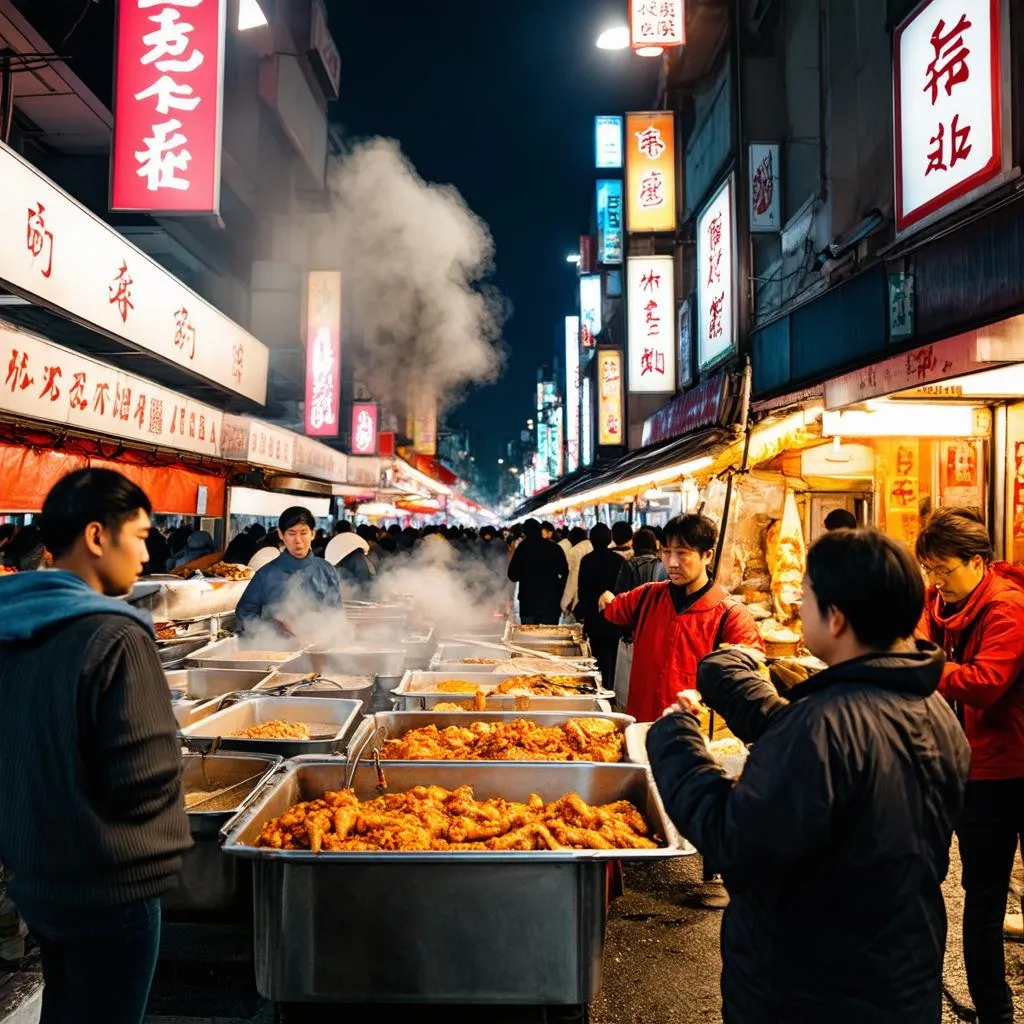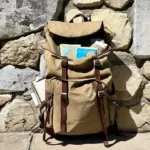Have you ever been about to embark on an exciting journey and struggled to find the perfect words to wish someone well on their way? Well, fret no more! In this article, we’ll delve into the heartwarming world of Korean well-wishes and teach you how to say “safe travels” in Korean like a true local. Get ready to impress your travel companions with your newfound linguistic skills as you explore the bustling streets of Seoul, the serene temples of Gyeongju, or the breathtaking landscapes of Jeju Island!
More Than Just “Have a Safe Trip”
In Korean culture, expressing good wishes for travel goes beyond a simple “have a safe trip.” It’s about conveying genuine care and wishing someone a journey filled with positive energy and unforgettable experiences. Let’s discover some common phrases and their deeper meanings:
1. 안전한 여행 되세요! (Anjeonhan yeohaeng doeseyo!) – “Have a Safe Trip!”
This is the most common and straightforward way to say “safe travels” in Korean. “Anjeonhan” means “safe,” “yeohaeng” means “trip,” and “doeseyo” is the polite form of the verb “to be.” You can use this phrase with anyone, regardless of their age or social status.
2. 잘 다녀오세요! (Jal danyeooseyo!) – “Have a Good Trip!”
While not explicitly about safety, this phrase carries the implicit wish for a smooth and enjoyable journey. “Jal” means “well” or “good,” “danyeooseyo” is the polite form of “to go and come back.” It’s a warm and versatile expression you’ll hear frequently.
3. 조심히 다녀와! (Josimhi danyeowa!) – “Go and Come Back Safely!”
This phrase is more informal and typically used among close friends or family. “Josimhi” means “carefully” or “safely,” emphasizing the importance of returning without any mishaps.
4. 좋은 여행 되길 바라! (Joeun yeohaeng doegil bara!) – “I Hope You Have a Great Trip!”
This phrase expresses a heartfelt wish for a positive and memorable experience. “Joeun” means “good,” “doegil” means “to become,” and “bara” expresses hope. You can use this phrase to wish someone well on a particularly special or long-awaited trip.
Planning Your Korean Adventure?
 Ancient Korean Temple
Ancient Korean Temple
As you prepare to immerse yourself in the rich culture and breathtaking beauty of South Korea, here are some essential travel tips:
1. Learn Basic Korean Phrases: While many Koreans, especially in tourist areas, speak some English, knowing a few basic phrases can greatly enhance your interactions and show respect for their culture.
2. Explore Beyond Seoul: While Seoul is a vibrant and exciting city, don’t miss out on the opportunity to explore other parts of South Korea. Visit the historical city of Gyeongju, hike the stunning trails of Seoraksan National Park, or relax on the beautiful beaches of Busan.
3. Embrace the Food: Korean cuisine is a delightful adventure for your taste buds! From the iconic kimchi to savory bibimbap and sizzling Korean barbecue, there’s something to please every palate.
4. Immerse Yourself in the Culture: Take advantage of opportunities to experience traditional Korean arts, music, and performances. Visit a local market, attend a tea ceremony, or learn the art of calligraphy.
FAQs About Saying “Safe Travels” in Korean
1. Is it considered rude not to use honorifics when speaking Korean?
While younger generations may be more lenient, using honorifics like “doeseyo” and “danyeooseyo” is crucial for showing respect, especially when addressing elders or people in higher positions.
2. Are there any specific customs or superstitions related to travel in Korean culture?
Before a long journey, some Koreans may avoid washing their hair or eating seaweed soup, as these are believed to bring bad luck. However, these are just superstitions, and you are not expected to adhere to them.
3. Can I use these phrases when traveling to North Korea?
While the language is similar, it’s important to note that North and South Korea have distinct dialects and cultural nuances. It’s always best to research and learn phrases specific to the region you’re visiting.
Travel with Confidence and Respect
 Busy Street Food Market in Seoul
Busy Street Food Market in Seoul
Learning how to say “safe travels” in Korean is a beautiful gesture that goes a long way in demonstrating respect and care for those embarking on a journey. As you plan your Korean adventure, be sure to check out TRAVELCAR.edu.vn for valuable resources and tips to make your trip unforgettable. Remember, travel is not just about the destination but also about the journey and the connections we make along the way.
So, go forth, explore with an open heart, and don’t forget to wish everyone “안전한 여행 되세요!”
